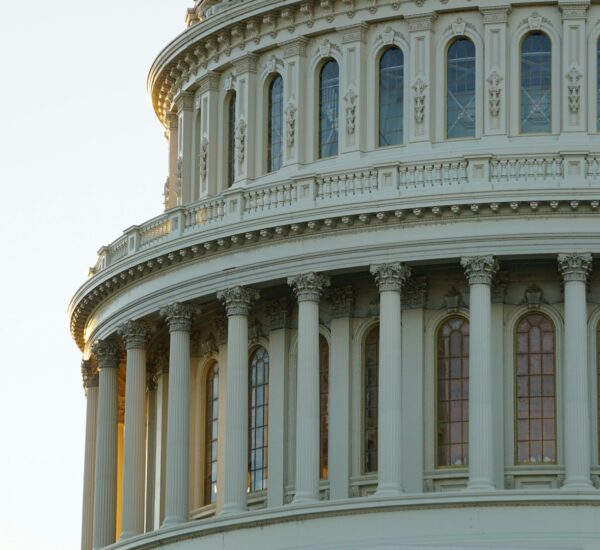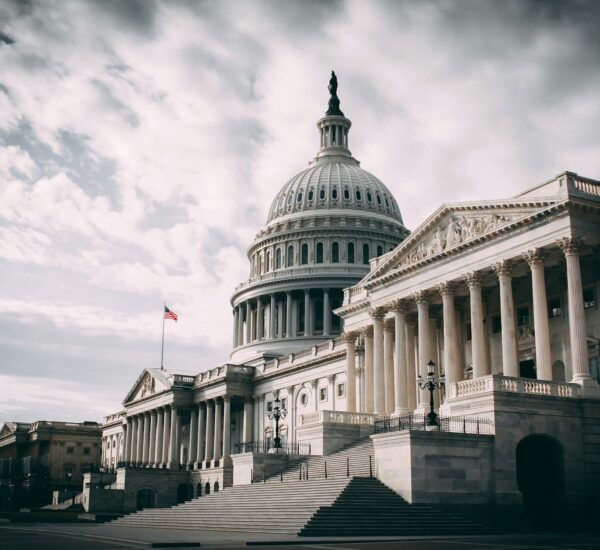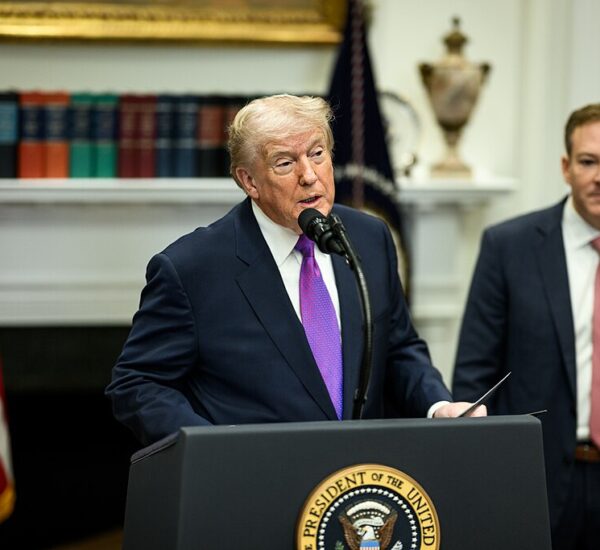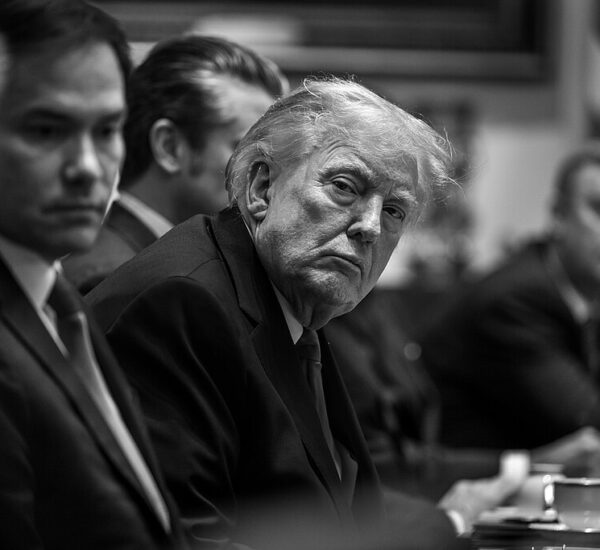Is your tax money being wasted?
According to top officials in the Trump administration, the answer is a resounding yes.
The Department of Government Efficiency (DOGE), launched under President Trump to root out wasteful government programs, is shining a light on the shocking state of the Internal Revenue Service (IRS)—and what they’re finding has many Americans concerned.
IRS Reform Urgently Needed, Says Top Trump Advisor
During a recent appearance on The Ingraham Angle, DOGE representative Sam Corcos revealed just how far behind the IRS really is.
“A huge part of our government is collecting taxes. But we can’t even do that without paying a toll to all these outside contractors,” Corcos said. “We’re in a really deep hole.”
Corcos is working with Treasury Secretary Scott Bessent to clean up decades of inefficiency and waste within the federal tax agency—starting with a so-called IRS modernization program that’s now 35 years behind schedule and $15 billion over budget.
35 Years Late and Billions Over Budget
Imagine this: a federal agency that’s supposed to modernize its systems but has failed to deliver after more than three decades. That’s exactly what’s happening at the IRS.
“It was supposed to be completed in 1996. Now, in 2025, it’s still five years away,” Corcos explained. “And it’s been ‘five years away’ since 1990.”
Many private banks that once relied on similar outdated infrastructure have since modernized, but the IRS remains stuck in the past—costing American taxpayers billions.
Consultants Are “Like a Python” Around Government Budgets
Newly confirmed Treasury Secretary Scott Bessent shared his blunt assessment of what’s going wrong.
“These entrenched consultants are like a boa constrictor,” he told host Laura Ingraham. “They’ve wrapped themselves around government processes and are squeezing the life—and money—out of them.”
According to Corcos, 80% of the IRS’s $3.5 billion operations budget is being spent on contractors and software licenses, not improving service for taxpayers.
Conservatives Demand Accountability and Fiscal Responsibility
The Trump administration’s goal is simple: Cut the red tape. Eliminate the waste. Restore sanity to Washington.
Since taking office, President Trump has empowered DOGE to reduce government bloat and ensure taxpayer dollars are spent wisely. But unsurprisingly, the effort is facing resistance from Democrats, entrenched special interests, and the mainstream media.
“They’re trying to blow this project out of the water,” Bessent warned. “But this isn’t about destroying government—it’s about making it better. More efficient. More private. More accountable to the American people.”
IRS Reform Focus: Privacy, Collections, and Service
Bessent laid out his top three goals for reforming the IRS:
- Better tax collection systems
- Stronger data privacy protections
- Improved customer service for all Americans
“We want people to feel like they’re getting the service they deserve,” he said. “That they’re paying their fair share—not more, not less—and that it’s done efficiently and securely.”
Is It Time to Rethink the IRS?
With soaring federal debt, growing distrust in government, and hardworking Americans footing the bill, many conservatives are asking: How much longer can we tolerate this kind of waste?
The Trump administration believes the answer is clear: Not one more day.







Fair share is a phony liberal concept.
Should not be even mentioned in terms of IRS mission.
Whether one agrees with how much taxes one is liable for, by codified law the IRS should be required to make sure what is owed is paid.
The answer to the IRS fiasco isn’t reform; it’s the Fair Tax, which would eliminate the income tax and replace it with a sales tax. The income tax is inherently inefficient, in addition to being a burden on taxpayers. Would you like never again to have to prepare an annual income tax return? Would you prefer to keep your income a private matter, rather than report it to the Federal government? Would you prefer that everyone pay his fair share of taxes? Would you prefer to determine how much and when to pay your taxes, and cut back on that when you need to do so?